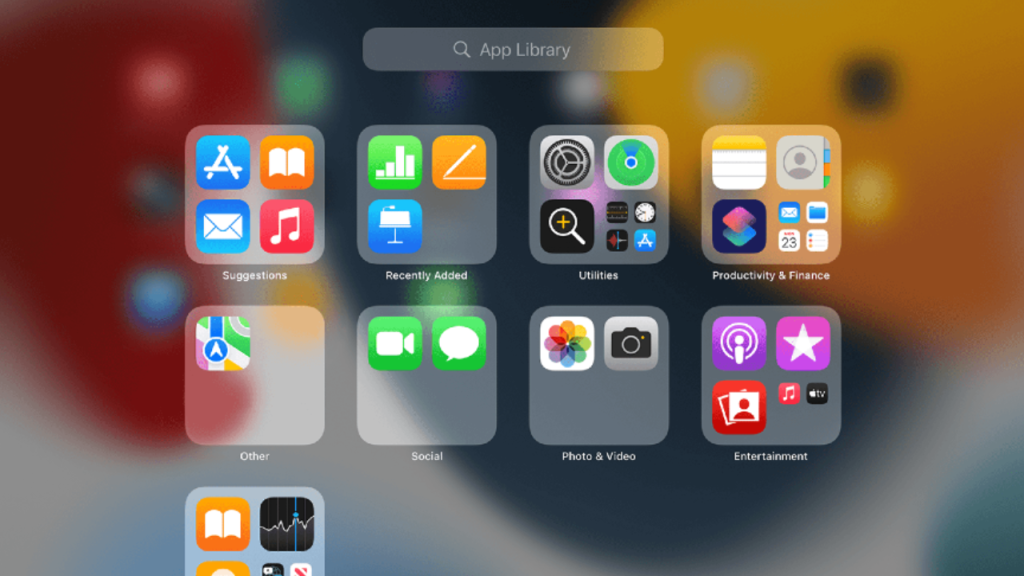Industry Fragmentation in Mobile Application Development
Mobile application development has witnessed significant growth and diversification in recent years. With the advent of smartphones and the increasing reliance on mobile devices, the demand for mobile applications has skyrocketed. However, this growth has also led to industry fragmentation, which presents both challenges and opportunities for developers and businesses in the mobile app space. Industry fragmentation refers to the proliferation of different mobile platforms, operating systems and device specifications. Currently, the dominant platforms in the mobile app market are Android and iOS, but there are also other platforms like Windows Phone and BlackBerry, although their market share is relatively small. Each platform has its own set of development tools, programming languages and design guidelines, making it necessary for developers to acquire diverse skill sets to cater to a wider audience.

Moreover, within each platform, there are multiple versions of operating systems in use, each with its own capabilities and limitations. This further complicates the development process, as developers must ensure compatibility across different OS versions and device models. Fragmentation also extends to screen sizes, resolutions and hardware features, making it challenging to create a consistent user experience across various devices. Fragmentation poses several challenges for mobile app developers. Firstly, it increases the development time and cost, as developers need to invest additional resources in testing, debugging and optimizing their applications for different platforms and devices. It also requires continuous updates and maintenance to address new platform releases and device specifications, which can be time-consuming. Fragmentation also affects user experience and app adoption. Inconsistent performance and compatibility issues may lead to negative reviews and ratings, resulting in lower user engagement and retention. Additionally, the fragmentation of app stores and distribution channels creates challenges in reaching a broad user base and achieving discoverability.
However, industry fragmentation also presents opportunities for developers and businesses. By targeting multiple platforms and devices, developers can access a larger user base and increase their app’s market reach. Adapting to diverse platforms and addressing specific user needs can also foster innovation and differentiation. To mitigate the challenges of fragmentation, developers can adopt cross-platform development frameworks and tools that allow them to write code once and deploy it on multiple platforms. These frameworks, such as React Native and Flutter, streamline the development process and help achieve code reusability, reducing time and cost. In conclusion, industry fragmentation in mobile application development is a double-edged sword. While it presents challenges in terms of increased development complexity, higher costs and user experience inconsistencies, it also offers opportunities for reaching a broader audience and fostering innovation. Developers and businesses must carefully navigate the fragmented landscape, leveraging cross-platform tools and strategies to maximize their chances of success in the highly competitive mobile app market.










